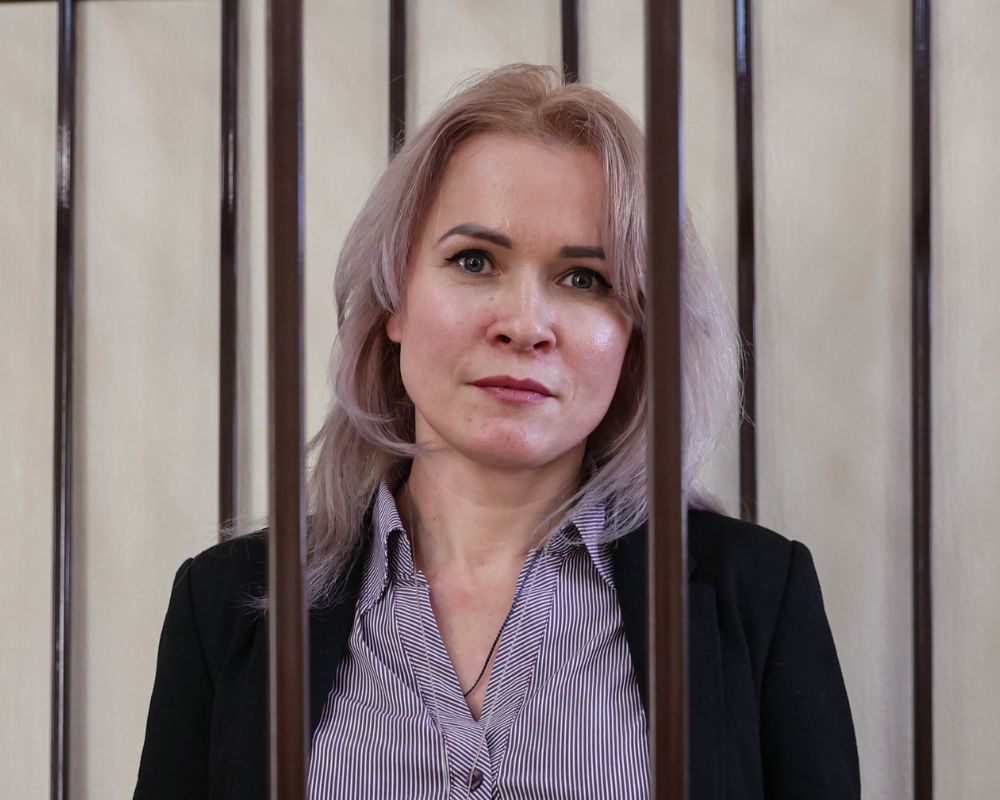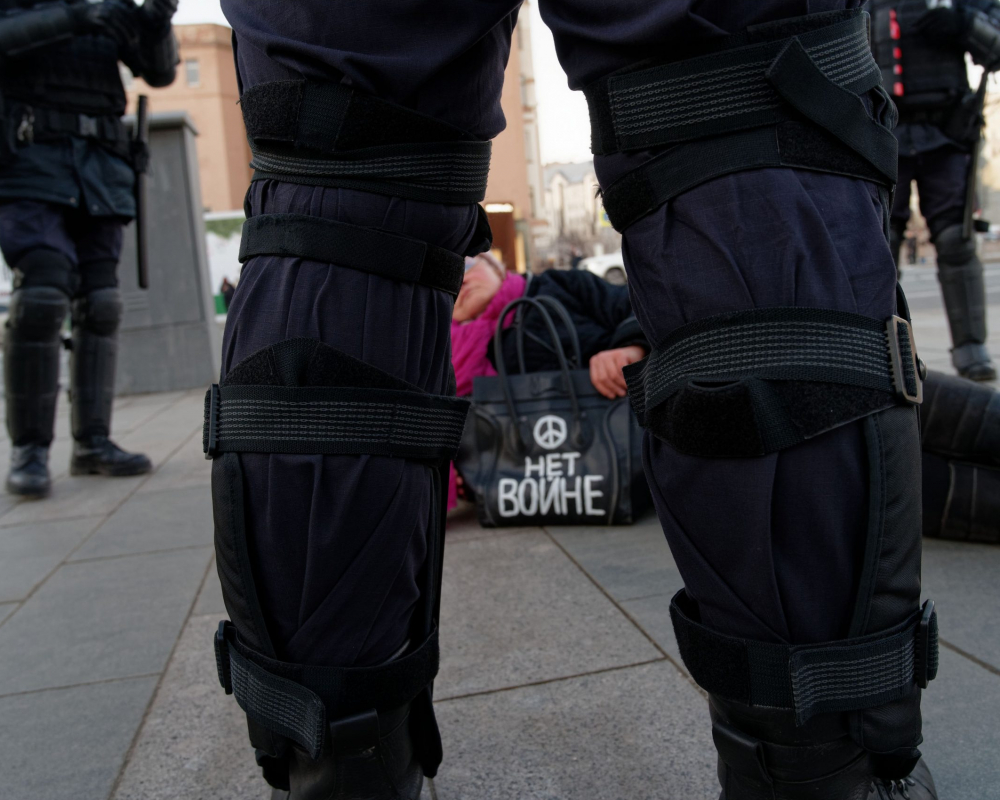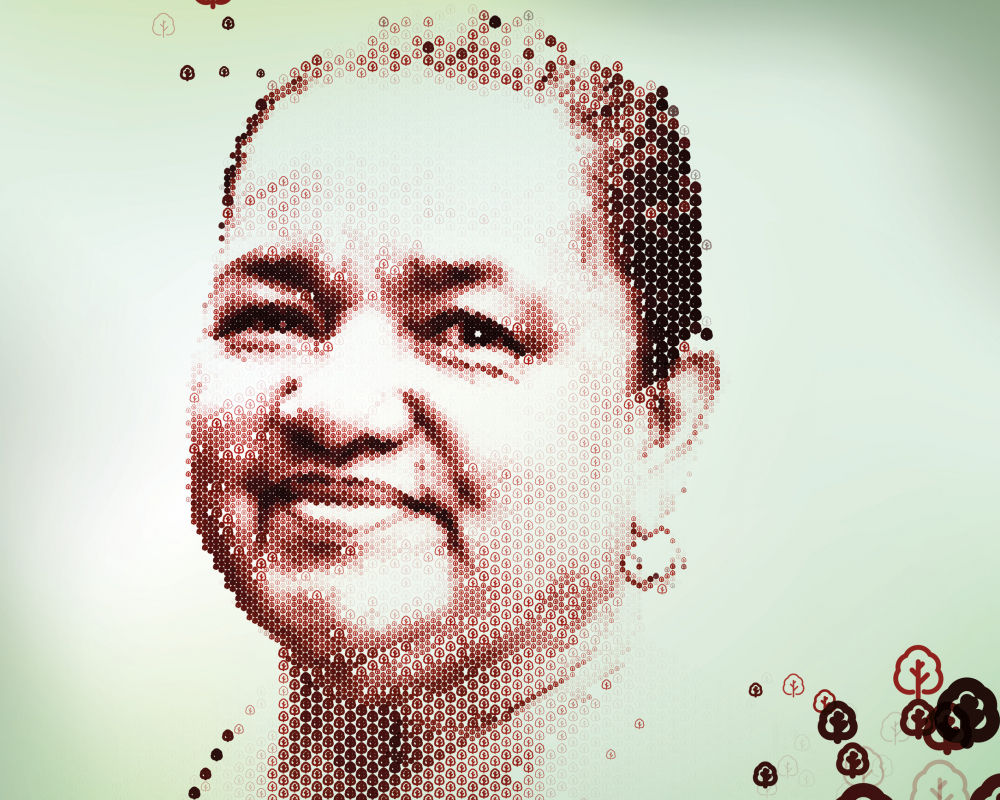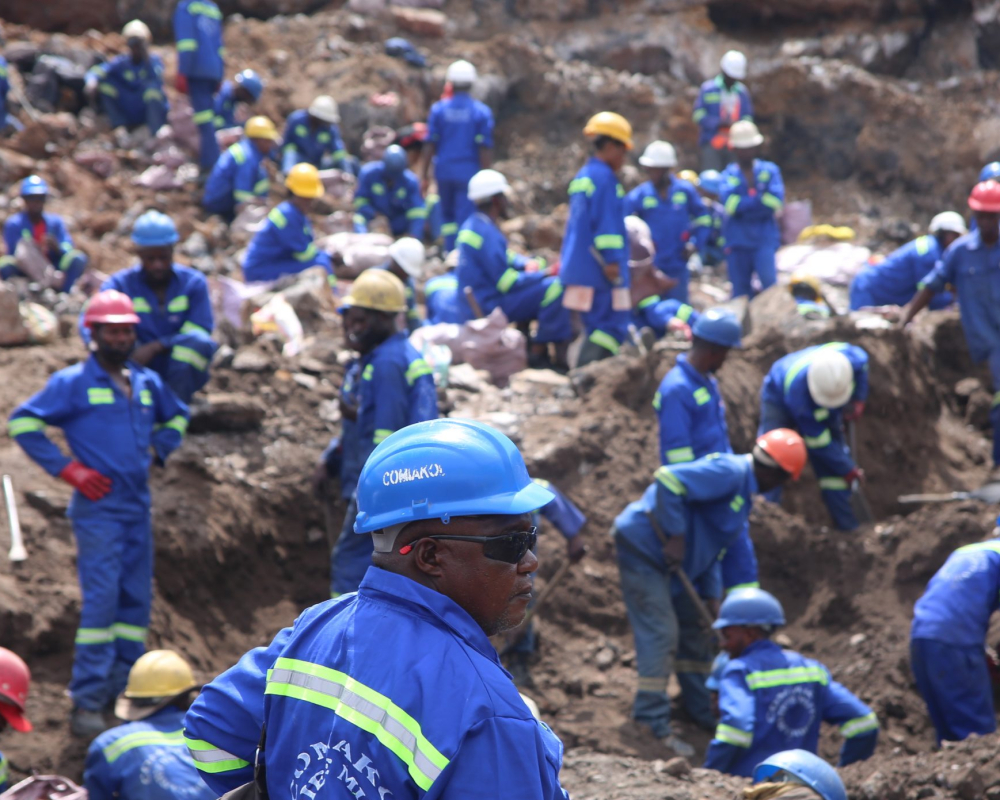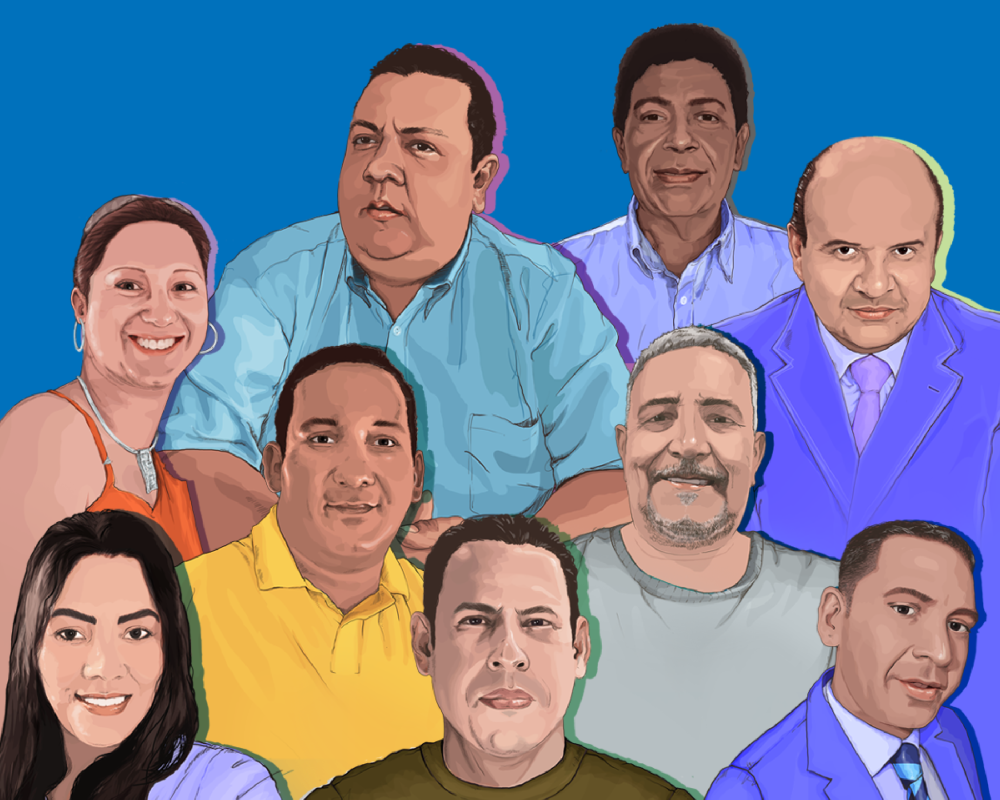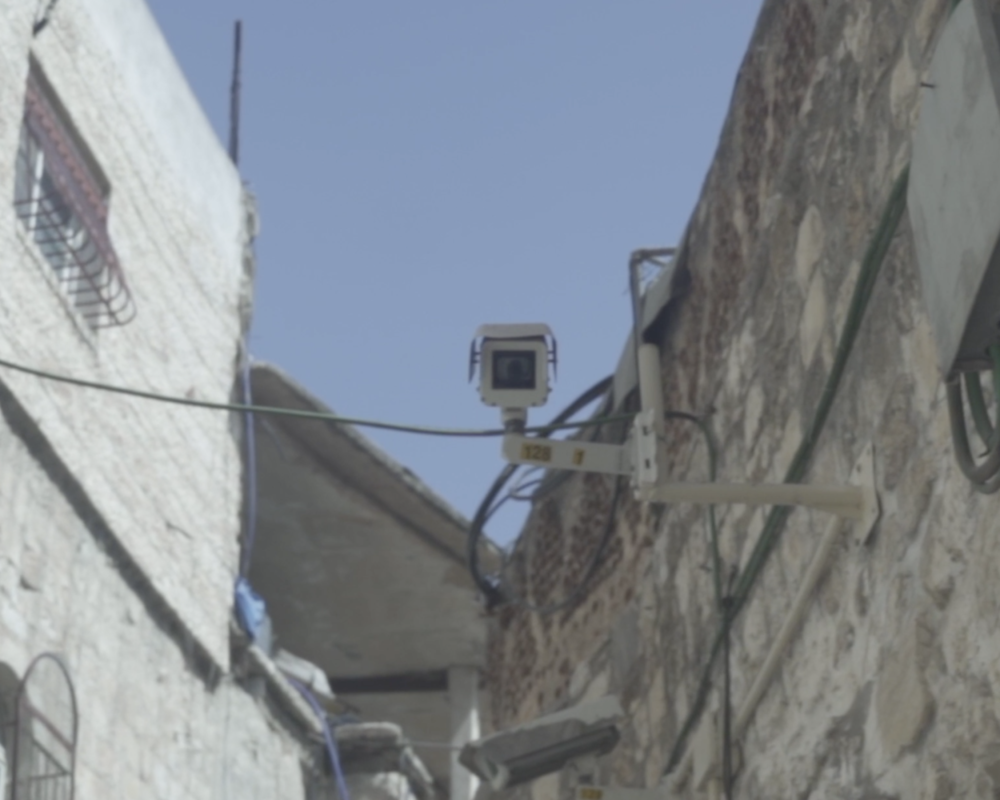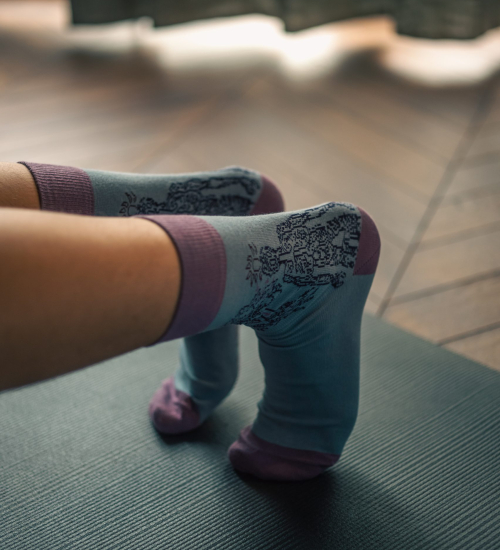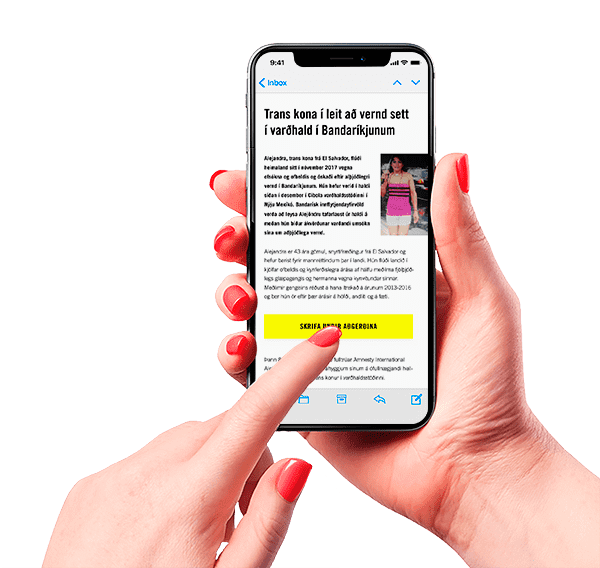Fiskur er ein helsta náttúruauðlind Gambíu og sjávarútvegur spilar mikilvægt hlutverk í efnahag landsins. Samfélög í landinu reiða sig einnig mikið á fisk sem lifir við yfirborð sjávar sem próteingjafa og í atvinnuskyni.
Veiðar stórra fiskiskipa, bæði ólöglegra og löglegra, ásamt starfsemi fiskimjölverksmiðja hafa leitt til minnkandi fiskistofna. Bongafiskur og sardínellur eru einn mikilvægasti próteingjafi úr dýraríkinu fyrir íbúa landsins vegna viðráðanlegs verðs en þessar fisktegundir eru nú mikið notaðar í fiskimjöl. Mjölið er síðan sent til annarra heimsálfa til að nota í dýraeldi eða fiskeldi. Þessi iðnaður þarfnast mikils magns af fiski þar sem það tekur 4,5 kg af fiski til að búa til 1 kg af fiskimjöli.
Fiskiðnaðurinn veldur að auki umhverfislegum skaða. Í Sanyang, hafa íbúar kvartað undan umhverfisáhrifum frá Nessim-fiskimjölsverksmiðjunni sem byrjaði vinnslu árið 2018. Konur sem vinna í görðum við verksmiðjuna hafa sagt framleiðni þeirra hafa farið minnkandi síðan verksmiðjan opnaði vegna aukinna skaðvalda sem leggjast á grænmetið.
Eigendur veitingastaða segjast missa viðskiptavini vegna skæðrar lyktar sem kemur frá verksmiðjunni þegar vinnsla er í gangi. Auk þess hafa fjölmiðlar greint frá því að allt hafi verið morandi af dauðum fiski á Sanyang-ströndinni í þrjú skipti á árunum 2019-2021. Sjómenn sem starfa fyrir Nessim-verksmiðjuna kasta dauðum fiski aftur út í sjóinn þegar verksmiðjan vill ekki nýta hann.
Grípa þarf til aðgerða til að stöðva þennan ágang. Umhverfið og samfélög mega ekki þjást lengur.
Gambísk stjórnvöld verða að bregðast við og vernda mannréttindi. Sjávarútvegurinn í Gambíu, erlendir togarar og fiskimjöls- og fiskolíuverksmiðjur þurfa að láta til sín taka til að vernda samfélög í Gambíu, þar á meðal í Sanayang.
Skrifaðu undir og þrýstu á stjórnvöld í Gambíu að hafa eftirlit með ólöglegum og óheftum fiskveiðum og setja lög sem tryggja að fyrirtæki gæti þess að virða mannréttindi í starfsemi sinni.
